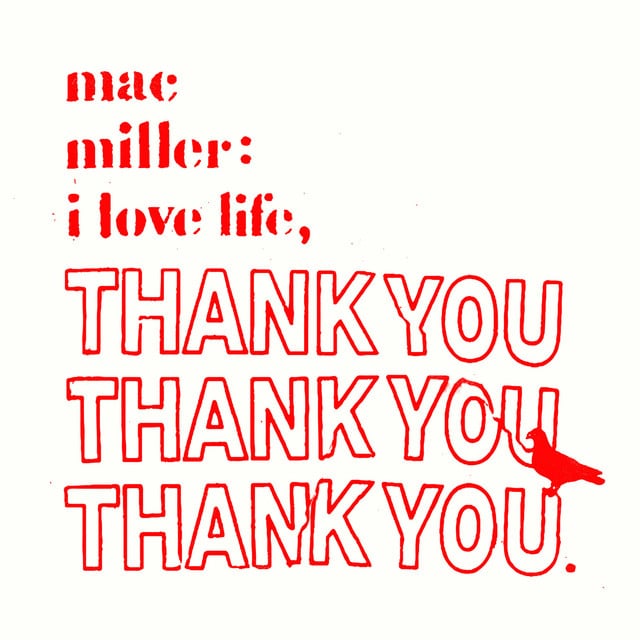Released: 2022 • Features: The Temper Trap
“Love Lost” by Mac Miller featuring The Temper Trap provides a reflective dive into a broken relationship scarred by miscommunications, missteps, and the consuming passion of striving for success. The song grapples with love lost in a sea of career fervor and the agonizing sting of heartbreak.
(Our love was lost) hey, hey, haha, where’d you go? (But now we’ve found it) oh yeah, uh, haha…
Here Mac seems to be reminiscing on a lost relationship, oscillating between the past, where love got misplaced, and the present, where he seems to have found some form of love – though it is not clear if it’s self-love or a new romantic interest. The emotional juggle and confusion is palpable in Mac’s rhymes.
…So, why don’t you come on back home? (Can I spit?) Hey, I’m a fuckin’ workaholic with a passion in my heart…
This part of the verse highlights the cause of their relationship’s demise. Mac confesses he’s a workaholic, whose unyielding love for his art had precedence over his romantic relationship. He finds solace and purpose in work, leaving the relationship in the dust.
…Though you said you think you love me (you need to let me know) So I’ve been fuckin’ all these hoes and I’ve been blowin’ all this cash…
Mac suggests that he resorted to reckless behavior (splurging money and engaging in casual sex) to fill the emotional chasm left by love’s departure. These actions appear to be band-aids on a deeper wound, as opposed to being an authentic expression of liberation.
…All I know, it don’t last forever. So, take it while you got it, try to get a little more…
This verse forces a mirror on the transient nature of life and success. Mac grapples with the fleeting moments, urging everyone, including himself, to seize what they have and aim for more while there’s still time.
So, why don’t you come on back home? Yeah. Huh, huh, and it gets no better than this. Huh, yeah, it gets no better than this…
In these closing lines, Mac clings to a faint hope of reconciliation as he introspects his own journey. He accepts his reality— that things are as good as they can be for him right now, and he’s making peace with it. This acceptance of life ‘as-is’ serves as the full-stop line on a relationship chapter that was, now, a mere echo of the past.
“Love Lost” is truly an emotional insight into Mac Miller’s world where ambition and love collide, triggering a spiral of heartache and self-discovery. It gives us a lyrical representation of human frailties often veiled behind the glitz and glamour of a successful career.







